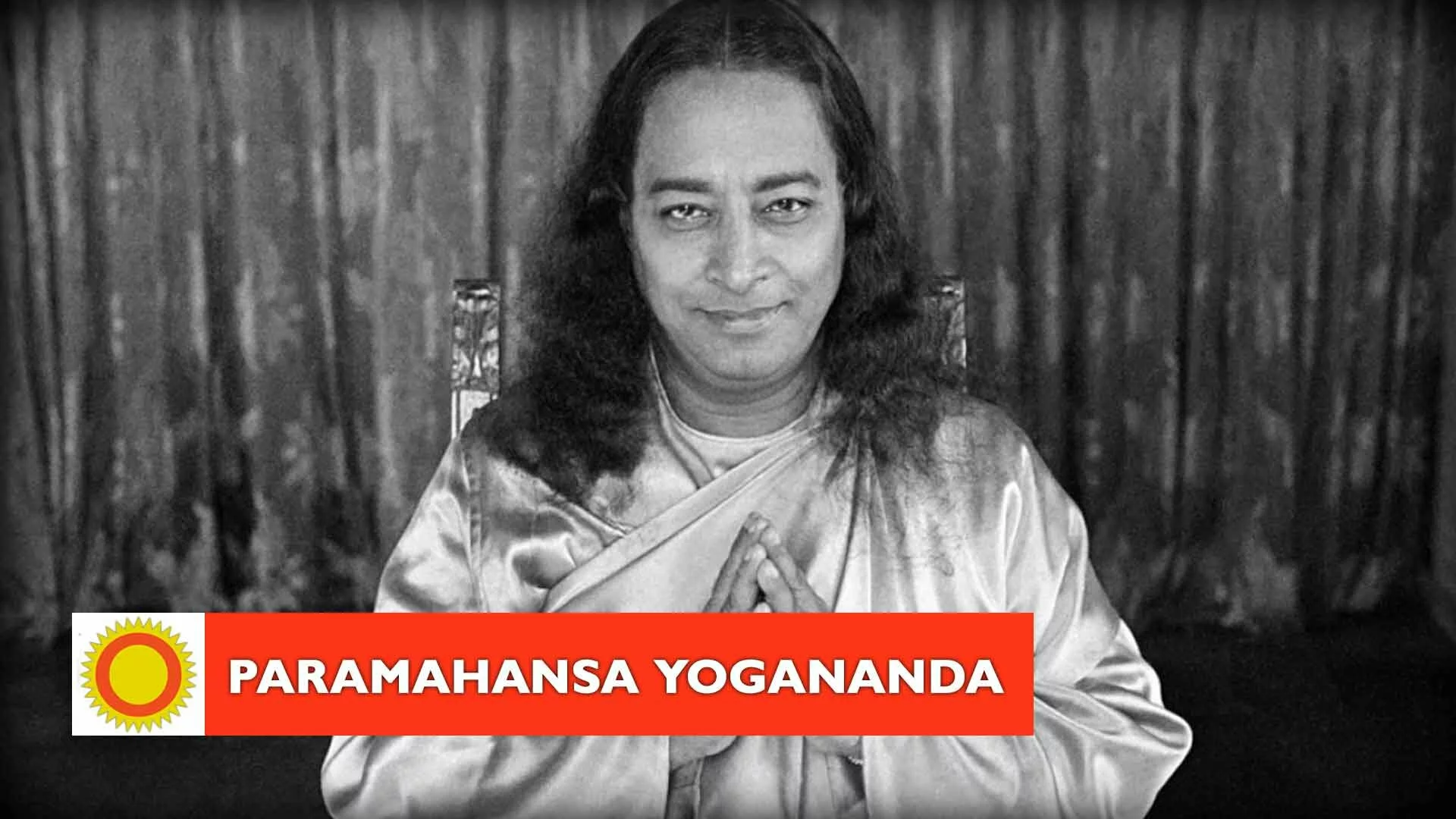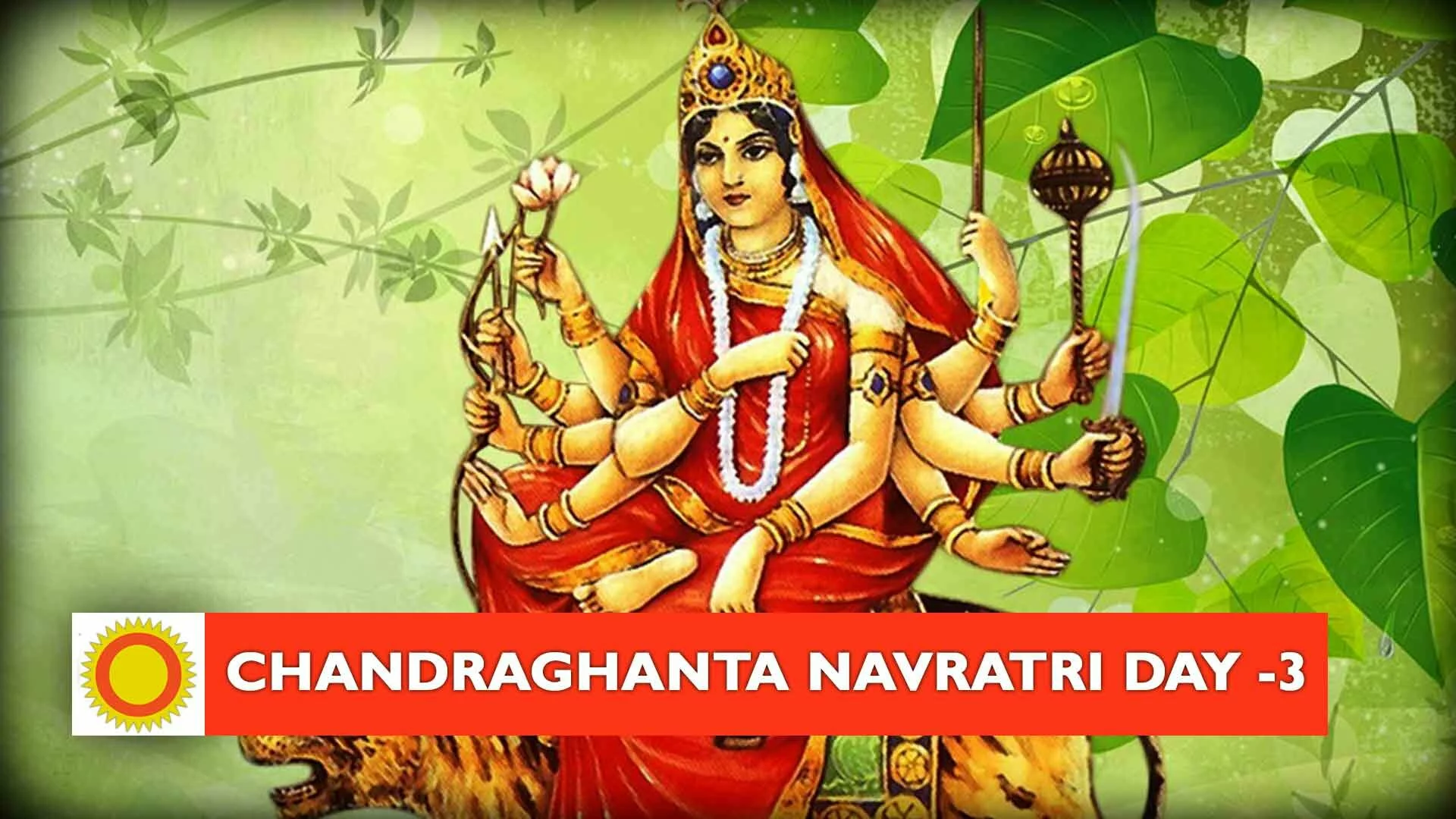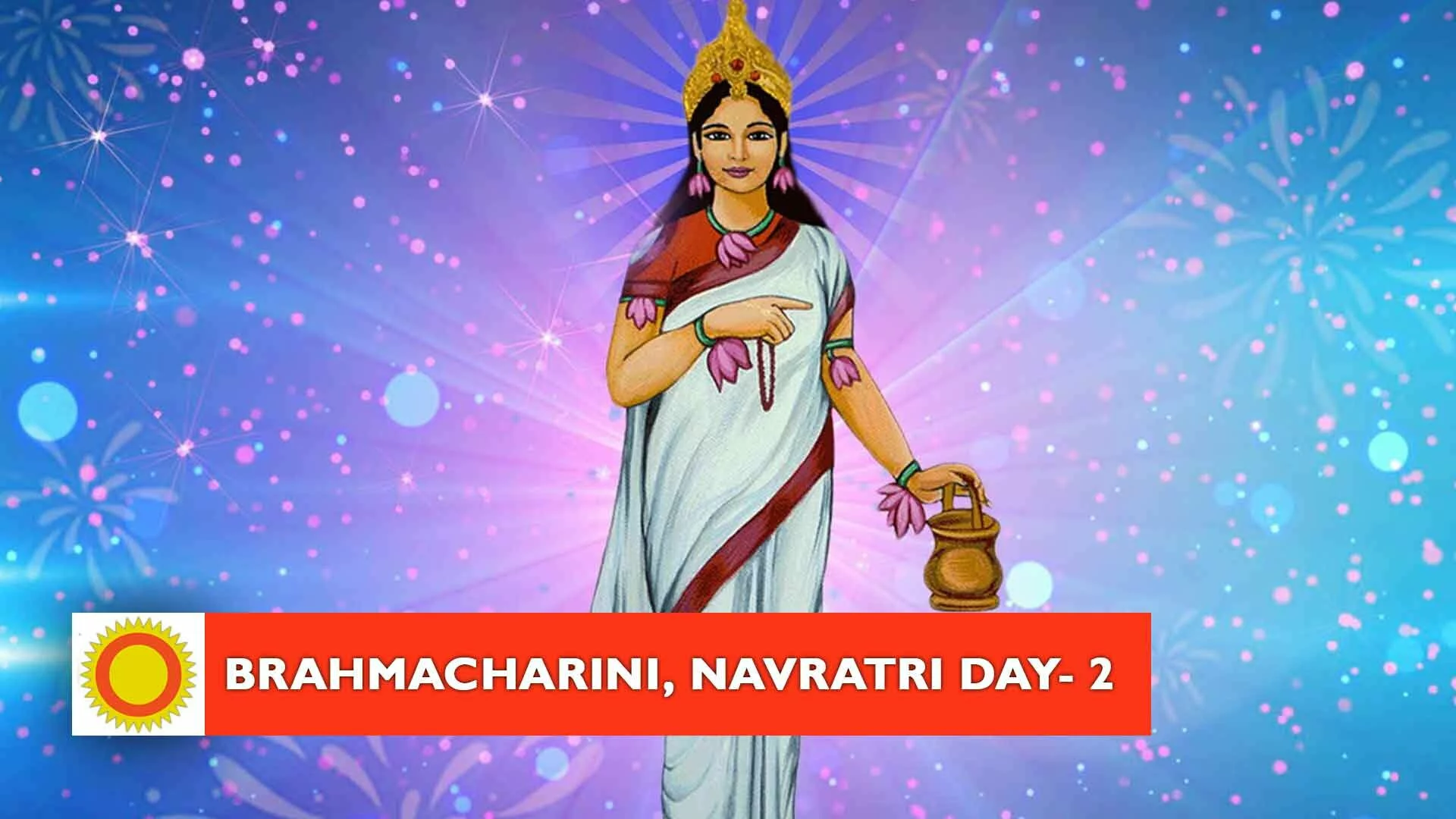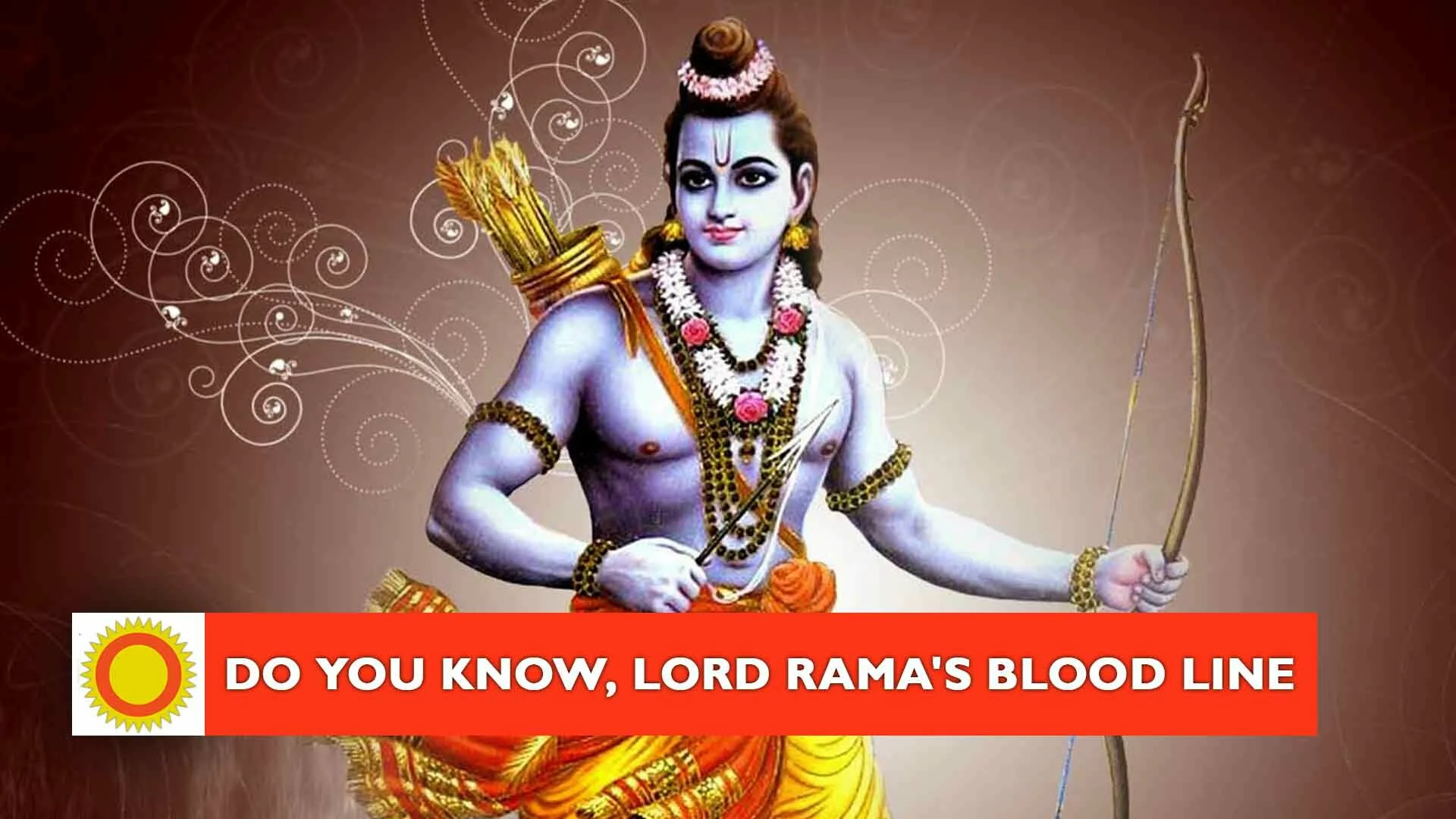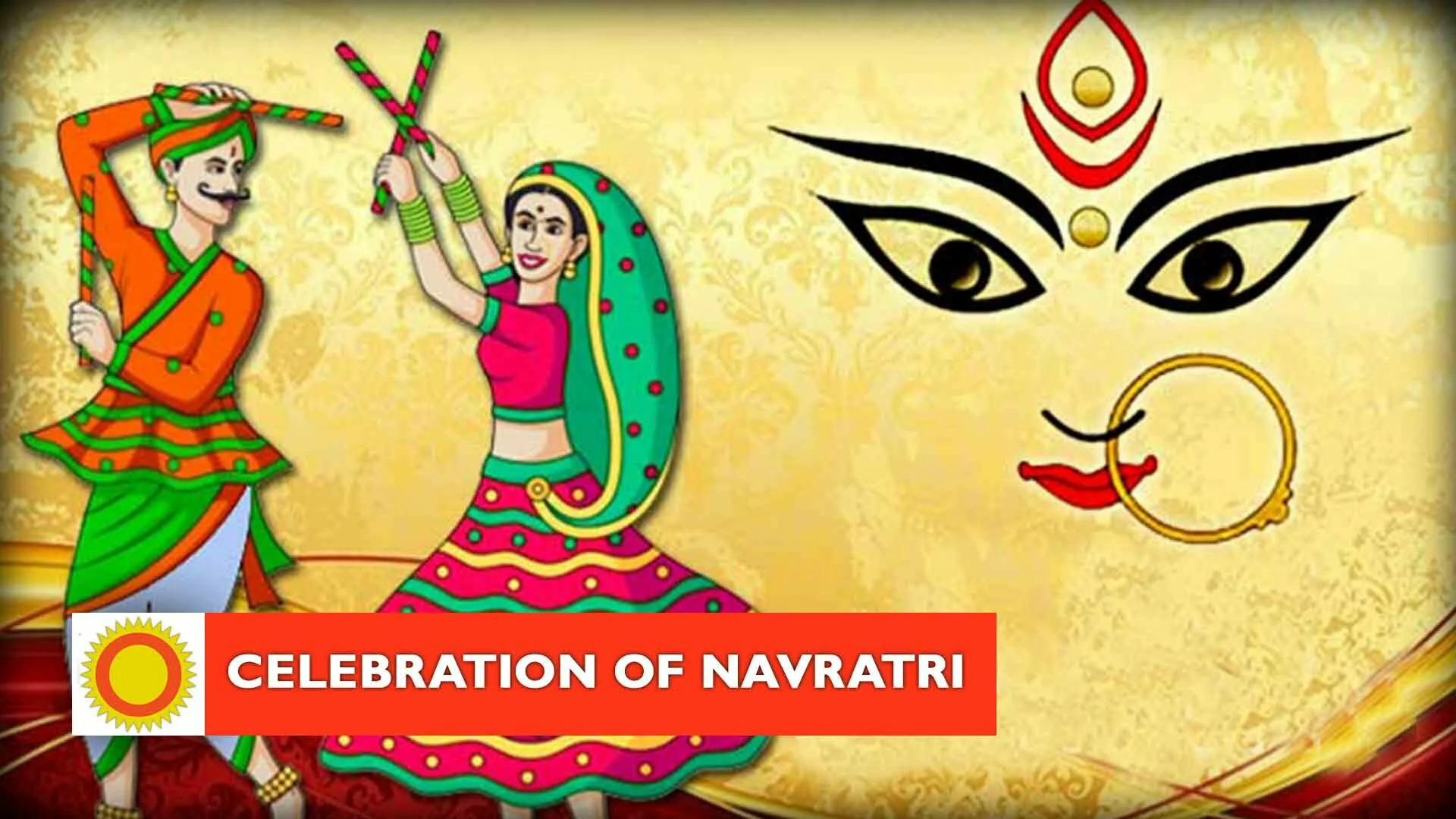Widely regarded as the father of yoga in the West, Paramahansa Yogananda devoted his life to the spread of knowledge about the techniques of yoga meditation – a foundation that has today catapulted into International Yoga Day. By personalizing his own quest for enlightenment and sharing his struggles along the path, Yogananda Paramahansa made yoga accessible to a modern audience, attracting many followers and inspiring millions who practise this ancient tradition now. Today, his Kriya Yoga teachings are widely practised around the world. The challenges and accomplishments of this journey are detailed in his landmark book, Autobiography of a Yogi. It continues to be the go-to book for seekers, philosophers and yoga enthusiasts even today. It is also widely believed to have been the only book Steve Jobs had on his iPad, and his last gift to friends and employees on his deathbed. The story of Yogananda’s quest has also been brought to life on screen through a seamless mix of re-creations and fascinating true footage in the award-winning documentary Awake: The Life of Yogananda. The documentary features interviews with the likes of George Harrison (lead guitarist of The Beatles) who says he wouldn’t be alive if he hadn’t read the book, sitar maestro Ravi Shankar, and new age spiritual guru Deepak Chopra. Paramahansa Yogananda was born Mukunda Lal Ghosh on January 5, 1893, in Gorakhpur into a devout and well-to-do Bengali family. He lost his mother at an early age and was the fourth of eight children. Deeply aware of spirituality, young Mukunda showed an early inclination towards the self-realization path. In his youth, he sought out many of India’s sages and saints, hoping to find a teacher who would guide him on his spiritual quest. It was in 1910, at the age of 17, that he met and became a disciple of the revered Swami Sri Yukteswar Giri at Benaras, at whose ashram he would spend the better part of the next ten years, receiving strict but loving spiritual discipline. After he graduated from Calcutta University in 1915, he took formal vows as a monk of India’s monastic Swami Order, where he received the name Yogananda (signifying bliss or ananda through divine union, that is, yoga). Having founded the Yogada Satsanga Society of India in Ranchi in 1917, Yogananda arrived in the U.S. in 1920, in an era when Americans were looking for answers. He had been invited to serve as a delegate at the International Congress of Religious Liberals convening in Boston. A gifted orator, Yogananda’s address to the gathering, on ‘The Science of Religion’, was enthusiastically received and his message of infinite possibility resonated across the country, marking the beginning of an upsurge in the West of the spiritual wisdom of the East. The same year, he also founded the Self-Realization Fellowship to disseminate his teachings on India’s ancient philosophy of yoga and its time-honoured science of meditation across the world. Over the next decade, he travelled and lectured extensively, speaking to jam-packed audiences in major cities throughout North America and Europe. His speeches emphasized the underlying unity of the world’s great religions and introduced the soul-awakening techniques of Kriya Yoga. In 1925, he established the international headquarters for Self-Realization Fellowship at Los Angeles, which became the spiritual and administrative heart of his growing work. During his years in America, Paramahansa Yogananda devoted himself to fostering greater harmony and cooperation among all religions, races, and nationalities. He took the knowledge of yoga and meditation to millions across the globe, not only through his public lectures and classes but also through his writings and the centres he established in countries around the world. Mahatma Gandhi and Paramahansa Yogananda met a decade later when the latter visited India on a year-long sojourn in 1935, after first touring parts of Europe and the Middle East. While in India, he spent some time with Gandhi, Nobel-prize-winning physicist C. V. Raman, and some of India’s renowned spiritual figures, including Sri Ramana Maharshi and Anandamoyi Ma. At the Mahatma’s request, Sri Yogananda instructed him and several of his followers in the spiritual science of Kriya Yoga. After his autobiography was published, Yogananda spent the last years of his life devoting himself to literary work, editing and revising his earlier work and gradually withdrawing from public life. Paramahansa Yogananda passed away on March 7, 1952, in Los Angeles, following his delivery of a memorable speech at a banquet honouring Dr. Binay R. Sen, India’s Ambassador to the United States. In his last talk, he said, “I am proud that I was born in India. I am proud that we have a great ambassador representing my spiritual India. Somewhere between the two great civilizations of efficient America and spiritual India lies the answer for a model world civilization. “ He then read out a few lines from his poem My India, before sliding to the floor, a beatific smile on his face. His close followers would later recall that he knew he was about to pass away. The poem read in part: “Mortal fires may raze all her homes and golden paddy fields, Yet to sleep on her ashes and dream in mortality, O India, I will be there!” His sudden passing received widespread coverage in the press, including the New York Times, the Los Angeles Times, and Time magazine. In a tribute to the spiritual guru, Indian ambassador Binay R. Sen, who saw Yogananda’s final moments, said: “He was born in India, he lived for India, and he died with the name of India on his lips.” The Indian government formally recognised his outstanding contribution by issuing a postage stamp in his honour way back in March 1977, together with a tribute that read, in part: “The ideal of love for God and service to humanity found full expression in the life of Paramahansa Yogananda. Though the major part of his life was spent outside India, still, he takes his place among our great saints. His work continues to grow and shine ever more brightly, drawing people everywhere on the path of the pilgrimage of the Spirit.” On June 21, when the world celebrates International Yoga Day for the second year running, yoga enthusiasts around the world will remember Paramahansa Yogananda, the man who took yoga beyond India’s shores. This year also marks the 70th anniversary of his spiritual classic, Autobiography of a Yogi.
You may also like
Chandraghanta navratri day -3
After Maa Shailaputri and Maa Brahmacharini, Goddess Chandraghanta will be worshipped on the third day of Navratri falling on September 23, 2017. The ten-day long festival of Sharad Navaratri began on September 21 and...
Improper use of power
Improper use of power In the initial part of the Mahabharata, birth of Karna is detailed. Kunti, the princess was the mother of Karna. One day Durvasa paid a visit to Kunti’s palace. Durvasa is known for his short...
Brahmacharini-Navratri-Day-2
Sharad Navaratri 2017 began on September 21 (Thursday) with most states except West Bengal doing Ghatasthapana Puja on Pratipada to invoke Maa Shakti. After revering Devi Shailaputri on the first day, the devotees gear...
Do you know, Lord Rama’s blood line
Sharad Navaratri 2017 began on September 21 (Thursday) with most states except West Bengal doing Ghatasthapana Puja on Pratipada to invoke Maa Shakti. After revering Devi Shailaputri on the first day, the devotees gear...
Celebration of Navratri
The word "Navaratri" is a conjunction of two words "nava" (meaning "nine") and "ratri" (meaning "night"). Spread over 9 nights...

